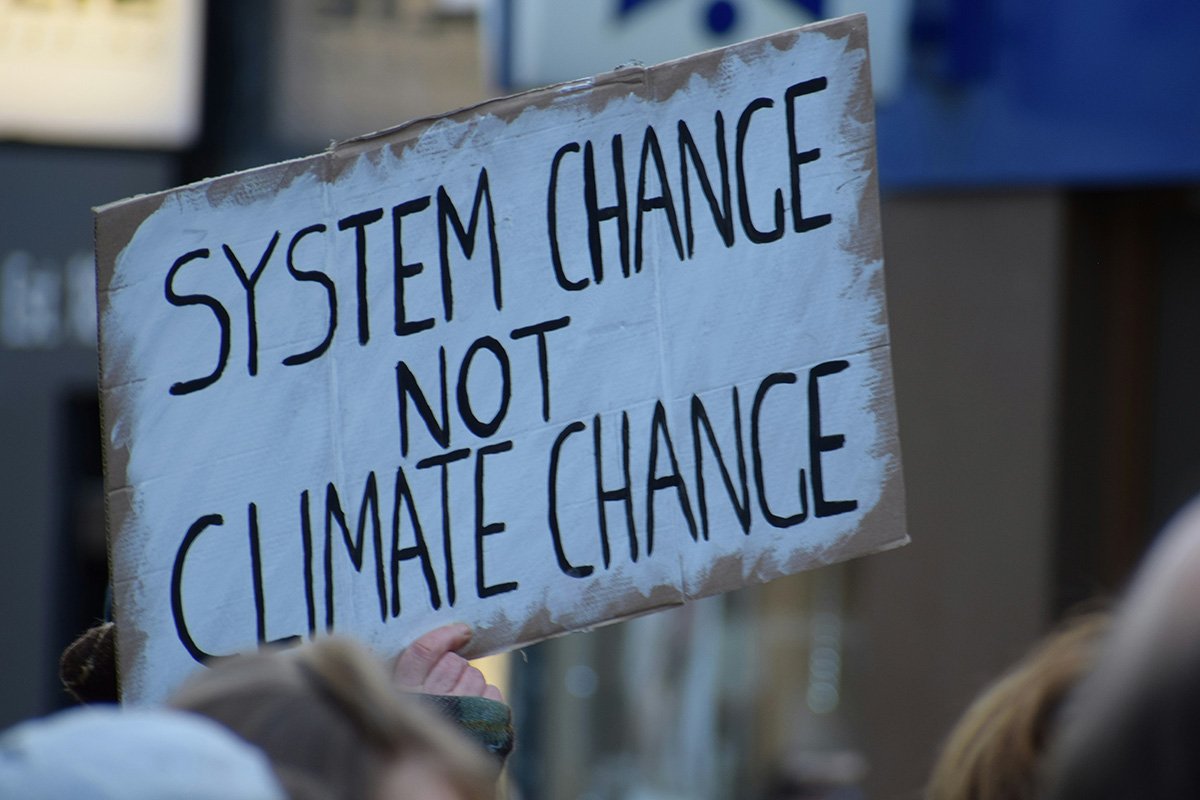
August 30, 2017; New York Times
Yesterday, the New York Times editorial board published a piece entitled “Making Sure Your Help Gets to Hurricane Harvey Victims.” The editorial questions the wisdom of making relief donations through the American Red Cross.
Naturally, as the country began to respond to the terrible devastation caused by the storm, there were the usual flood of warnings to donors about the charity scams that now crop up in the wake of all mass tragedies. But, a warning from a major media outlet about the Red Cross is extraordinary. Even so, however, it’s hard to be surprised by it, since so many questions have surfaced in the past decade about its performance and use of donations.
The editorial board writes:
The Red Cross is the flagship of charitable institutions. It is also a master of promotion. After every disaster, its ads, celebrity testimonials and distinctive logo are everywhere, beseeching Americans to donate blood and money. This week Barack Obama became the Red Cross’s latest Twitter pitchman, urging Americans to make a $10 donation by texting “HARVEY.” During President Trump’s televised update on the response in Texas on Tuesday, a Red Cross representative sat front and center. Corporations find donations to the Red Cross a ready way to demonstrate they care: The organization has already raised millions from JPMorgan, ExxonMobil, Chevron, Dow Chemical and others for its Harvey efforts.
This is all to the good, assuming the money flows to the right places. But after years of media reports documenting the Red Cross’s disaster relief failures—including after the Sept. 11, 2001, terrorist attacks, Hurricane Katrina, Hurricane Sandy and the Haiti earthquake—some Americans instead are giving to smaller, local charities with a track record in Texas.
Sign up for our free newsletters
Subscribe to NPQ's newsletters to have our top stories delivered directly to your inbox.
By signing up, you agree to our privacy policy and terms of use, and to receive messages from NPQ and our partners.
The board calls its performance in large-scale relief operations “spotty” and cautions that the Red Cross has not provided to its questioners, including Senator Charles Grassley (R-IA) and others in Congress, any specific steps to ensure that the majority of donor contributions will effectively be spent on those in distress. In fact, they write, “In response to multiple questions on Tuesday, including about what new accountability measures it has put in place, it issued only a brief statement that it was not ‘seeing any backlash’ from donors.” This is hardly the point; NPQ, ProPublica and other news outlets have reported extensively on problems in its response mechanisms that have in some cases caused local disaster response systems to draw back from any major dependence on their work.
Congress, of course, is persistently interested because the iconic organization is congressionally chartered, but Red Cross CEO Gail McGovern, an AT&T corporate refugee to the position, has been curiously recalcitrant (see here and here) in response to a spate of recent investigations that examined its performance in the field, its consolidations of smaller chapters at the risk of adequate rural coverage , and its uses of donated money.
The sense that the Red Cross is more concerned about its marketing image and fundraising capacity is now of such long standing that its heretofore firm and sacred position as the safe place to donate has been shaken to its core. The ripple effects from that will surely be visited on the rest of the sector. Luckily, the Times recommends giving to groups that are more local, but such activity will need to be more centrally facilitated if it is to work properly, and right now the Red Cross is to some extent squatting in that space.
Everyone who responds to a disaster learns invaluable lessons that can or at least should be carried forward to the next one. Emergency crews fine-tune their operations; governments reassess funding priorities; home and business owners better protect their property. So it should be for charities, too. Groups like the Red Cross are stewards not only of enormous budgets, but of a more precious commodity: Americans’ willingness to give.
—Ruth McCambridge










